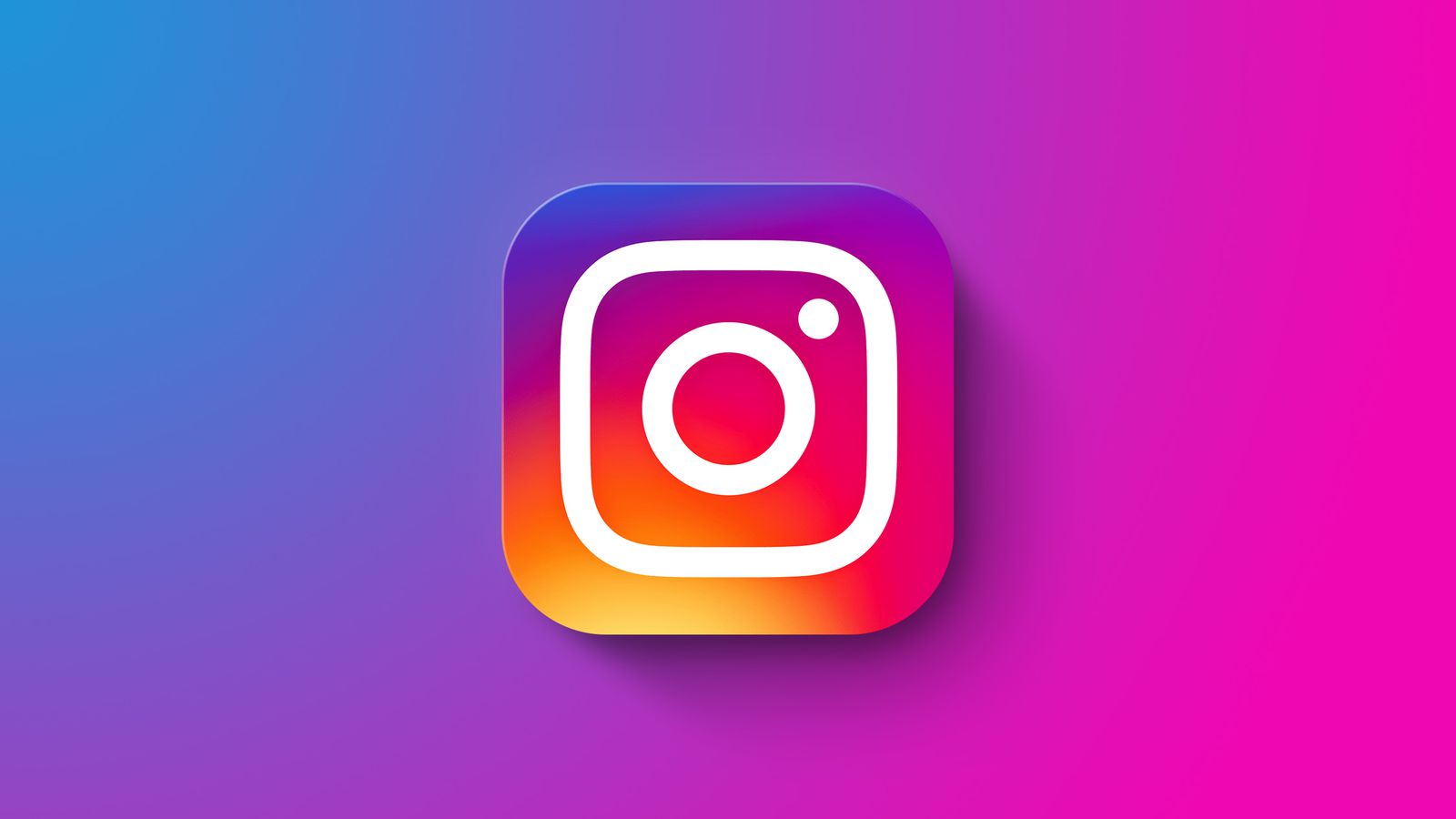Google has introduced a new auto-archiving tool to free up storage space on an Android phone. In addition, it deletes more than 60% of the data associated with unused apps.
This will, as expected, lower the rate at which users remove programs. However, it will maintain the ability for users to download apps as per their needs.
Google stated that this functionality won’t delete any user data. In addition, it will only indicate the app’s presence on the device with a cloud symbol in a post on the Android Developers Blog.
How does the new feature of Google work?
When an Android user tries to install a new app and their device is out of storage. Thus, they will receive a prompt to use the auto-archiving feature.
Users can then decide to turn on the function, which automatically archives any apps that are not in use. In addition, it also gives deleting permissions, temporary files, and alerts.

You cannot install this program because your device has run out of storage. When app archiving is enabled, your device will automatically identify when you run out of storage.
In addition, it will archive apps that you don’t use frequently. If you decide to download the app again, your personal information will be preserved, according to the prompt.

According to Google’s release, the feature will only be accessible for apps when developers publish their apps using the App Bundle. It is a format that has been mandated for new apps since August 2021.
Developers will profit since consumers are less likely to see their apps recommended for uninstall when a device needs to clear up storage space.
In March 2022, the search engine giant unveiled a brand-new software package type called Archived APKs as the first auto-archiving preview.
How can the user enable the feature?
By heading to Settings > Apps > Unwanted apps, users can manually check for the useless app.
Usually, the system displays the app with bracketed information, such as “Last opened more than three months ago” or “Last opened more than six months ago.”
Some applications can also manually delete to free up some storage.
Closing Note
The function will help Android smartphones compete with iOS, which has long offered recommendations for apps to unload. Apple released iOS 11 in 2017 with individualized suggestions to get rid of unneeded apps.
Also Read: https://thecitizenscoop.com/huawei-to-launch-its-new-nova-11-series-on-april-17/
iPhone users can go to Settings > General > iPhone Storage and press Enable on the Offload Unwanted apps toggle to enable the automatic uninstallation of these apps.




